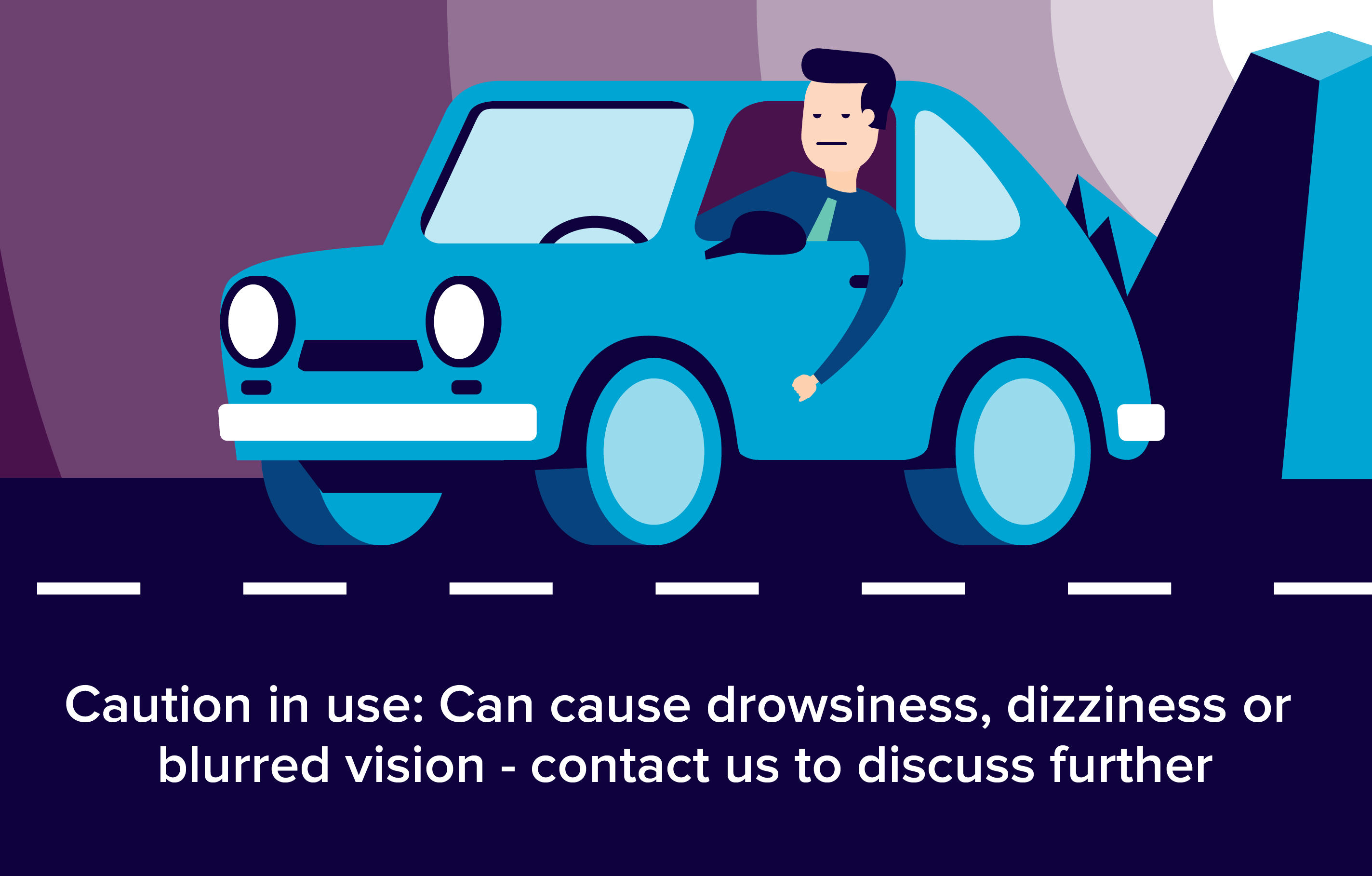Dixarit tablets are used to prevent migraine attacks and similar types of headache. It is also used to prevent hot flushes that may occur in women during the menopause (change of life).

Why have I been prescribed Dixarit ?
- Dixarit tablets are used to prevent migraine attacks and similar types of headache. It is also used to prevent
- that may occur in women during the menopause (change of life).
How does it work?
DIXARIT Tablets contain a medicine called clonidine. This belongs to a group of medicines called vasodilators. Vasodilators widen the blood vessels and this helps the blood to flow more easily.
When and how do I take it?
- Always take Dixarit exactly as your doctor has told you. You should check with your doctor or pharmacist if you are not sure.
- Your doctor will start you on a low dose and gradually increase it. This will depend on how well your medicine works to control your blood pressure.
- Take this medicine by mouth with a glass of water.
What’s the dose?
- The usual starting dose is 50 micrograms (two tablets), two times a day
- If necessary, after two weeks, your doctor may increase the dose to 75 micrograms (three tablets), two times a day
Could it interact with other tablets?
Please tell your doctor or pharmacist if you are taking or have recently taken any other medicines. This includes medicines that you buy without a prescription and herbal medicines. This is because Dixarit can affect the way some other medicines work.
Also some other medicines can affect the way Dixarit works. In particular, tell your doctor or pharmacist if you are taking any of the following medicines:
- Other medicines that make you drowsy
- Non-Steroidal Anti-Inflammatory Drugs (NSAIDS) such as ibuprofen
- Medicines for depression such as imipramine or mirtazapine
- Medicines for severe mental illness such as schizophrenia. These are also known as ‘antipsychotics’ and include chlorpromazine
Please also tell your doctor or pharmacist if you are taking any of the following medicines for high blood pressure or other heart problems:
- Beta blockers such as atenolol
- Water tablets (‘diuretics’) such as frusemide
- Alpha blockers such as prazosin or doxazosin. These can also be used for prostate problems in men
- Vasodilators such as diazoxide or sodium nitroprusside
- Calcium antagonists such as verapamil or diltiazem hydrochloride
- ACE inhibitors such as captopril or lisinopril
- Digitalis glycosides such as digoxin
Herbal products should also only be taken after talking with your doctor.
What are the possible risks or side-effects?
Like all medicines, Dixarit can cause side effects, although not everybody gets them.
Very common (affects more than 1 in 10 people):
- Dizziness, feeling tired and more relaxed than usual (sedation)
- Feeling dizzy when you stand up (because your blood pressure has fallen sharply)
- Dry mouth
Common (affects less than in 1 in 10 people, more than 1 in 100 people):
- Depression, sleeping problems
- Headache
- Constipation, feeling sick (nausea), pain below the ear (from the salivary gland), being sick (vomiting)
- Erectile dysfunction
- Fatigue
Uncommon (affects less than 1 in 100 people, more than 1 in 1,000 people):
- Problems with understanding what is happening around you, hallucinations, nightmares
- Your hands and feet feeling different (‘altered sensation’)
- Regular unusually slow heart beat
- Raynaud’s phenomenon (a problem with circulation to the fingers and toes)
- Itching, rash, urticaria (nettle rash)
- A feeling of discomfort and fatigue (‘malaise’)
Can I drink alcohol while taking it?
- You may feel drowsy while taking . Drinking alcohol while taking can make this worse.
What if I’m pregnant/breastfeeding?
- Do not take if you are pregnant, likely to get pregnant or are breast-feeding.
If you have any more questions please ask your Pharmacist.
Remember to keep all medicines out of reach of children
Please Note: We have made every effort to ensure that the content of this information sheet is correct at time of publish, but remember that information about drugs may change. This sheet does not list all the uses and side-effects associated with this drug. For full details please see the drug information leaflet which comes with your medicine. Your doctor will assess your medical circumstances and draw your attention to any information or side-effects which may be relevant in your particular case.
References:
https://en.wikipedia.org/wiki/Clonidine
http://www.netdoctor.co.uk/medicines/brain-and-nervous-system/a6603/dixarit-clonidine/
http://www.medbroadcast.com/Drug/GetDrug/Dixarit
http://www.drugs.com/uk/dixarit-tablets-leaflet.html

